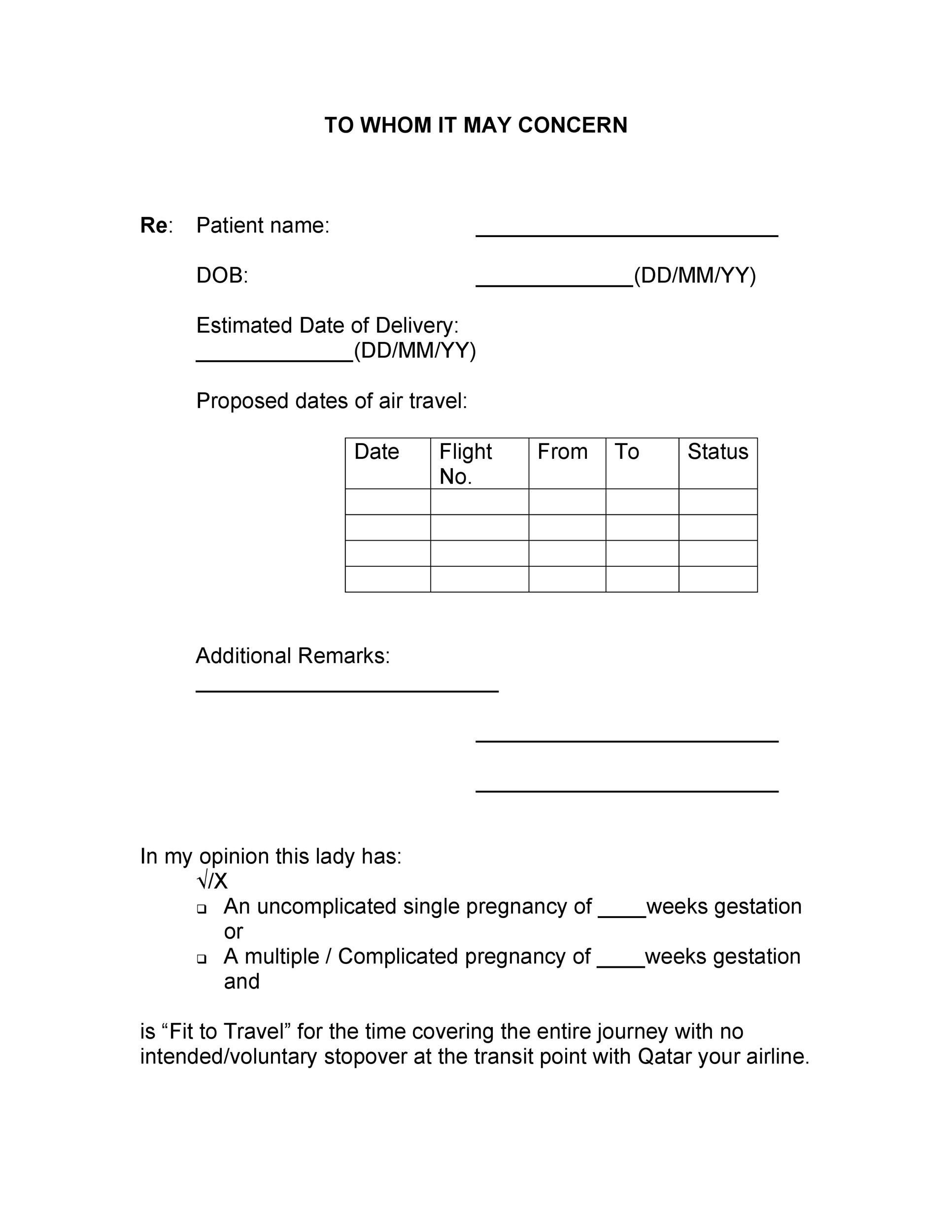
Re the question you raised in your previous email, please find my explanation below.įollowing our meeting on / in, please find below a summary of the points we discussed. With reference to your email of, I would like to bring the following to your attention.Īs a follow-up to our phone call this morning, I would like summarise the key issues. Thank you for contacting us regarding XXXX. Thank you for getting in touch with us about XXXX. Please find my reply to your query below. I apologise for not replying sooner, but I have been very busy these last few weeks. I am glad to hear that you and your family are well. I hope you enjoyed your holiday and are finding it easy to settle back in to work. Here are some example opening sentences for emails: With reference to your email of 25 October… The first line of an email or letter should always start with a capital letter: Instead, you may just open with the person’s first name/people’s first names. The word Dear may also be omitted in less formal emails. Once you get to know the group of people you may use the less formal Dear All, for both men and women. Dear Directors, Dear Members of the Board, If you are writing to more than one woman the strictly correct (though old-fashioned and rather pompous) salutation is Dear Mesdames, but, if possible, it is better to use their names or their title (if they all have the same one) e.g. “Ladies and Gentlemen” is only used in formal speech.ĭear Madams, is wrong. Use Dear Sirs, if you are writing to more than one person even if the group of people includes women.ĭear Ladies and Gentlemen, is wrong. If you are writing to a man and a woman use Dear Mr Smith and Ms Jones,

It is also usual to use a colon instead of a comma after the salutation in US business letters: But in US English it is correct to do so. In UK English we do not add full stops after Mr and Ms. after exchanging one or two emails or if you meet them in person, it is usually OK to use their first name. If it is the first time you are writing to someone, use either of the following:

It is always better to use somebody’s name if you know it. This should be reserved for letters of reference or similar communications when the recipient is an unknown third party. It is not usual to start an email To whom it may concern. If you don’t know whether you’re writing to a man or a woman use: If you don’t know the name of the person you are writing to, start business emails with either of the following:


 0 kommentar(er)
0 kommentar(er)
